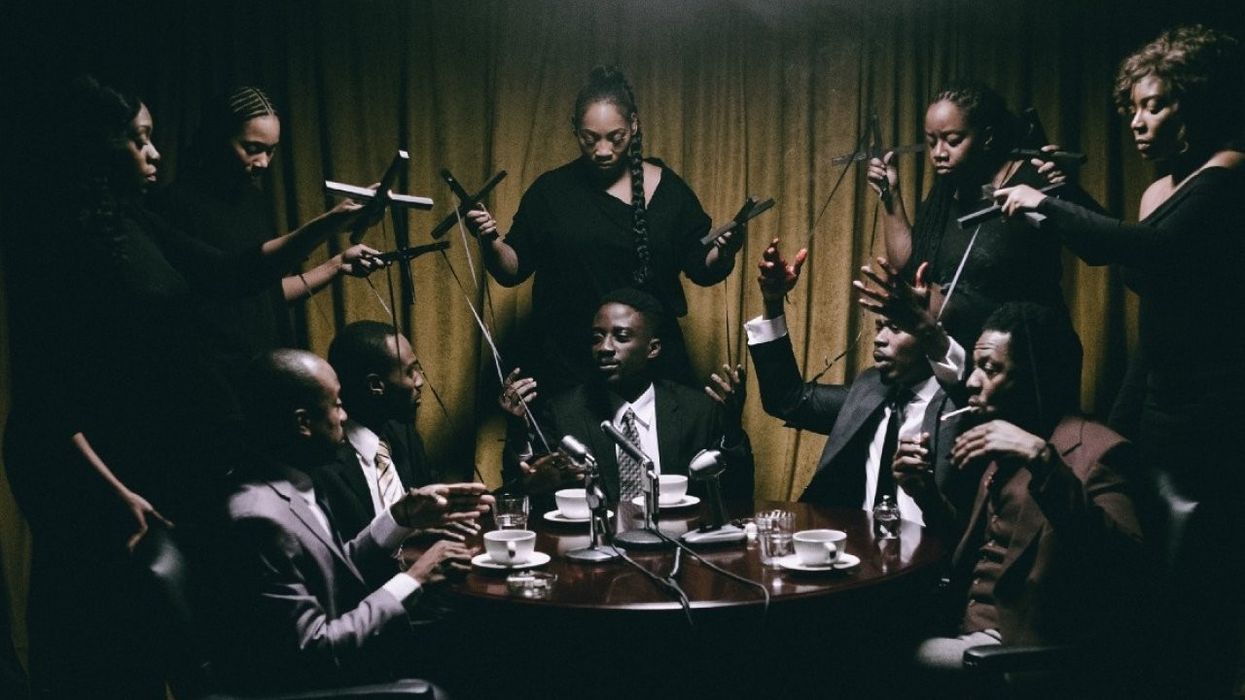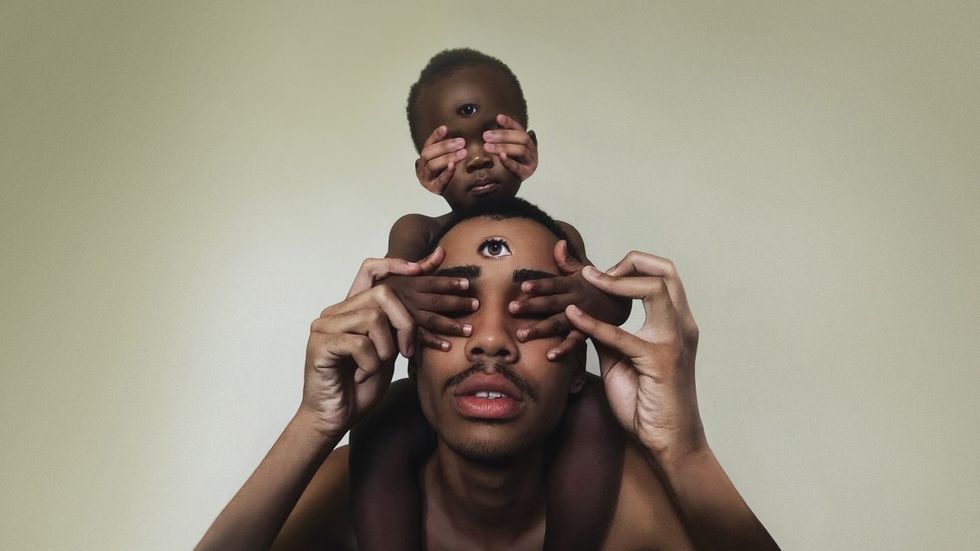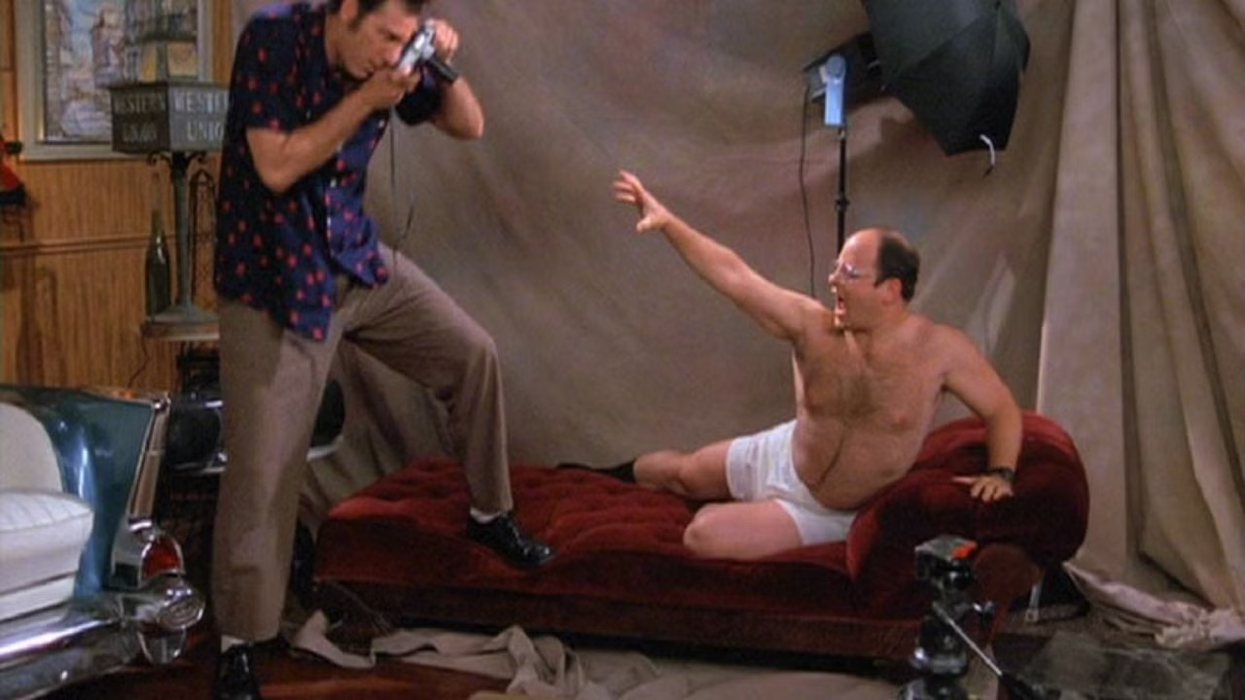'Where We Reigned': Terence Nance on His HBO Series, 'Random Acts of Flyness'
Terence Nance hasn't waited for art and criticism to catch up to him.

Filmmaker Terence Nance has made short films, features, and now, a TV series that is unapologetically his and rapturously black. There is no mistaking Nance's crystal-clear, richly colorful and meticulously crafted images, which makes Random Acts of Flyness something of a departure.
Nance has opened up the door for several collaborators to help shape the show with their own segments and designs. Directors Frances Bodomo, Jamund Washington, Naima Ramos-Chapman, Darius Clark Monroe, and Mariama Diallo have contributed, as well as have a host of musical artists. The agreeable tonal shifts give Random Acts the feeling of an insomniac variety program, almost a sexier version of The Eric Andre Show.
No Film School spoke with Nance after the series had its advance premiere at BlackStar Film Festival just days before the first episode debuted on HBO and online.
No Film School: How in the world did you convince HBO to do this? This feels like a scraping of the border-of-the-possible on TV, not just politically but formally. How did you pitch this?
Terence Nance: Well, we had no pitching really. We made half the pilot on our own from other pieces of work, along with small elements we could shoot ourselves. We then presented that to them as proof-of-concept for the show. They commissioned the rest of the pilot from that.
NFS: What was the process by which you were able to show them the pilot? Had they seen your other film work or did you send it in and, based on the strength of the material, they said, “Go ahead?"
Nance: The only reason I got in front of HBO was because of Tamir Muhammed at 150. He said that all of my past work is what got me there and why they wanted to do it.
"All the shifts were designed, as opposed to found, and I think a lot of that comes through in the edit."
NFS: Does it feel like networks are finally actively searching for more radical, independent black content?
Nance: I don't know about actively.
NFS: Did anyone (executives, producers, friends, family) ask you to soften or change any of your ideas for the segments?
Nance: Not soften, but of course there were many directions we could go in and people around me and the project were always very forthcoming with ideas (but never ideas designed to dilute or soften).
NFS: Talk about your formal ideas for this. Obviously collaborating with many different directors means that the form and tone will shift pretty regularly, but even the shifts feel like part of a cohesive whole. What was the stylistic blueprint like?
Nance: We all worked together so there wasn't as much separation as there might be on other TV shows. We've all known each other for a long time and worked together in different capacities. I think the show was born out those close ties. All the shifts were designed, as opposed to found, and I think a lot of that comes through in the edit.
"If the point gets missed in public, there will be more than enough black people on Twitter ready to set you straight."
NFS: It does and doesn’t feel like typical Terence Nance. It feels like you took your ideas and dosed then with Frank Tashlen and Spike Lee's Bamboozled. There’s a variety show element, but it’s very cinematic and feels genuinely new. What were your touchstones in devising this?
Nance: Concept albums (Madvilliany, A Seat at The Table, To Pimp a Butterfly), avant-garde creative nonfiction literature (Audre Lorde), spirt-structualist novels, (Sula, Erasure) etc.
NFS: On a panel at BlackStar the other day, you expressed concern over not being able to control how different (and specifically white) audiences react to this. I think about the troubling white reception to Chappelle’s Show as a potential precursor. When you release this to HBO and know that it’s now in the hands of the viewing public, is the show's impact enough to outweigh concerns over its reception?
Nance: Yes, the impact will be greater. Chapelle didn't have the benefit of having a Chappelle's Show to prime the zeitgeist before him. Richard Pryor's show had been canceled and was out of the popular consciousness by then and In Living Color wasn't as overtly talking about systems of oppression. I have the benefit of Chappelle's Show being in the popular consciousness and the form of it influencing Key and Peele and even SNL and Atlanta and Get Out, etc.
We also have the benefit of a more primed and savvy Twitter-base of people who won't let the masses and the media miss the point. If the point gets missed in public, there will be more than enough black people on Twitter ready to set you straight.

NFS: When crafting this, how involved are you with your other directors' productions? Did it matter more that the pieces fit together or did the filmmakers get carte blanche?
Nance: We all wrote it together, so there was no risk of anyone going rogue;it was all written to work together. We were all involved with each other's directorial decisions even if those decisions were made on the page.
NFS: How did you select your other directors?
Nance: All of the writers were directors on the show so we just tried to keep the family close.
NFS: Random Acts has a relentless momentum which makes me feel like you’re pushing us into a new artistic space. It makes me want to know what comes next, for you and for your team of collaborators. Ideally, what do the next few years look like?
Nance: More seasons! More films and our [own] channel.
Random Acts of Flyness airs Friday nights at 12:30 AM on HBO











